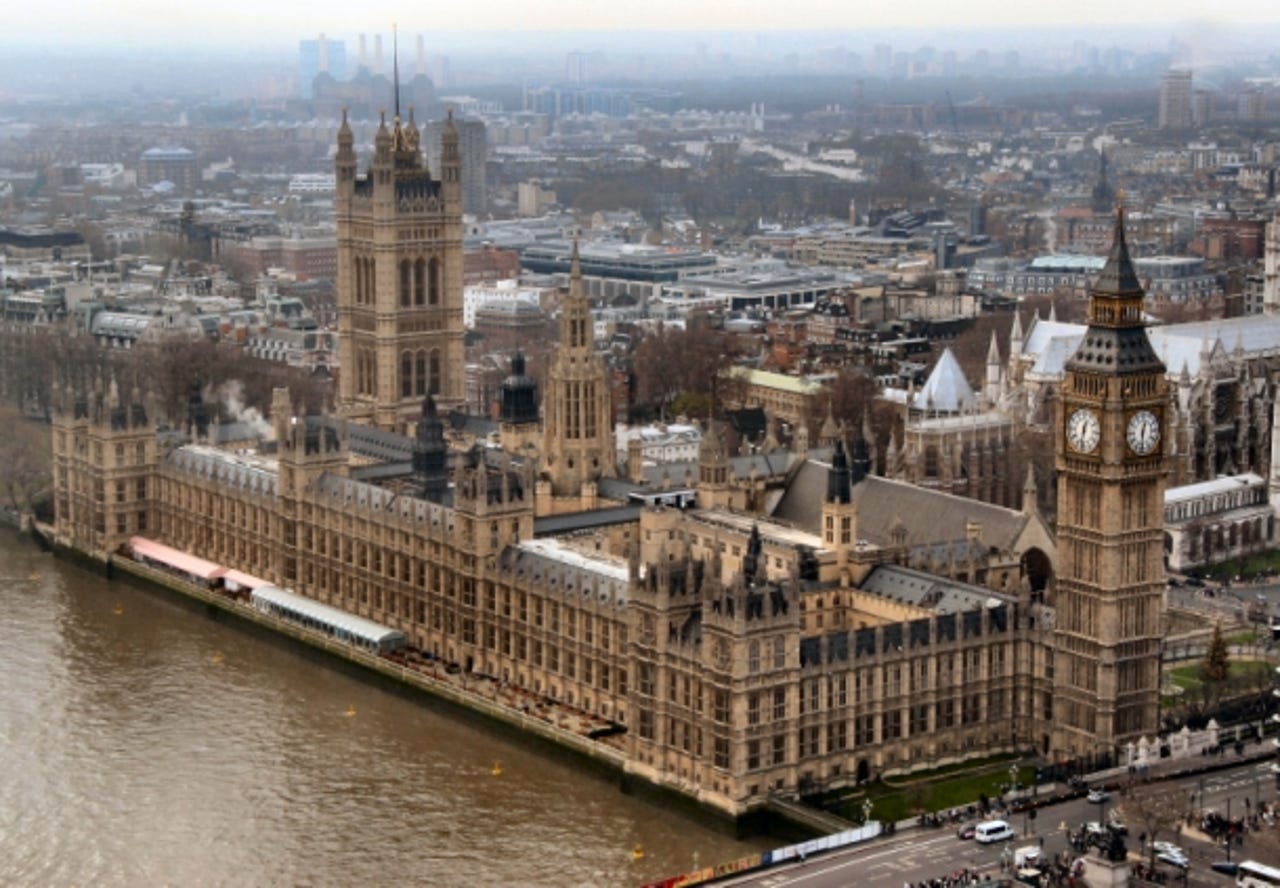Apple CEO warns of 'dire consequences' if UK passes new spy bill


Apple chief executive Tim Cook has warned of "dire consequences" if the UK passes a new draft surveillance bill, which was tabled by the UK's home secretary last week.
The Investigatory Powers Bill redrafts most of the existing, vague, decade-old laws into a new repackaged bill in the wake of the Edward Snowden revelations. But, adding to the existing legislation, the government is seeking new powers to demand communications companies retain citizens' browsing data for a year, and to force companies operating in the UK to strip out their encryption in order to help the government spy.
According to reports, the bill has a provision buried deep in the 300-page document which allows the government to demand backdoors in systems, which carries a gag order for anyone with knowledge of them and one-year prison sentences for those who defy the gag order.
That is in part what has Cook so concerned, according to remarks he made in The Telegraph on Tuesday.
"To protect people who use any products, you have to encrypt," said Cook. "You can just look around and see all the data breaches that are going on. These things are becoming more frequent. They can not only result in privacy breaches but also security issues. We believe very strongly in end to end encryption and no backdoors," he added.
"We don't think people want us to read their messages. We don't feel we have the right to read their emails," said Cook.
"Any backdoor is a backdoor for everyone. Everybody wants to crack down on terrorists. Everybody wants to be secure. The question is how... opening a backdoor can have very dire consequences," he added.
Cook said he was "optimistic" that public pressure will prevent the bill from passing. With some bipartisan support from the two major parties in the House of Commons, that optimism may not go far.
Security
Apple, which was named in the PRISM surveillance system as a partner -- a claim which the company rebuffs -- has repeatedly denied it has backdoors in its systems. Since the revelations began to appear in newspapers, the company has vastly increased its security and encryption practices in an effort to reduce the amount of data the government can demand from it.
Cook's comments follow shortly after the UN privacy chief Joseph Cannataci's comments, saying the UK government was on an "absolute offensive" to pass the bill, which he called "worse than scary."
Cannataci, who was talking at the Internet Governance Forum in Brazil, according to Wired UK, said British lawmakers had distorted the debate with "misleading comments" and that people shouldn't worry about the government's plans to retain and access some citizen data without a warrant.
The bill will likely be voted on in early 2016.